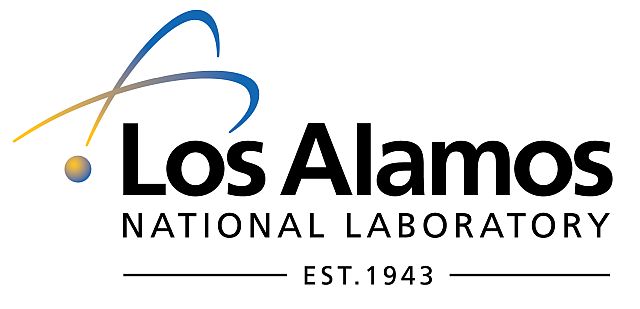 Los Alamos National Laboratory’s Efficient Mission Centric Computing Consortium (EMC3) and Fungible Inc., a data-centric computing company, today announced a collaboration targeting complex physical simulation problems.
Los Alamos National Laboratory’s Efficient Mission Centric Computing Consortium (EMC3) and Fungible Inc., a data-centric computing company, today announced a collaboration targeting complex physical simulation problems.
The collaboration will initially explore scalability of computational NVMe over fabrics and will demonstrate offload of analytics functions on data produced by extreme scale physical simulation.
“We’ve identified the bottlenecks within our existing distributed storage architectures,” said Brad Settlemyer, senior scientist in Los Alamos’ HPC Design Group. “To achieve our desired storage system efficiency targets, we are looking to new hardware approaches that better support our storage processing stacks. The co-design of software and hardware to support data services and data analysis is integral to meeting our efficiency targets and advancing our national security mission.”
Offloading computational tasks to programmable network and storage devices could be a path to application and services performance improvement running at scale – especially critical for cloud and HPC data centers. Fungible’s distributed approach to offloading and accelerating infrastructure functions, via the Fungible Data Processing Unit or Fungible DPU, is a change from existing storage and networking concepts, according to Fungible.
“LANL intends to reduce the processing time of the most complex physical simulation problems from six months to six days,” said Pradeep Sindhu, CEO and co-founder of Fungible. “Fungible is confident that the Fungible DPU will be one of the key enablers in achieving this aggressive goal.”
 The Fungible Storage Cluster is a high performance, disaggregated data storage platform, delivering 15M IOPS in a 2RU form factor, scaling linearly to 300M IOPS in a 40RU rack, and extending further to many racks. The industry-leading performance enables workloads to be consolidated, increasing utilization of storage media, and improving footprint and $/IOPS by at least 3x compared to existing software-defined storage solutions.
The Fungible Storage Cluster is a high performance, disaggregated data storage platform, delivering 15M IOPS in a 2RU form factor, scaling linearly to 300M IOPS in a 40RU rack, and extending further to many racks. The industry-leading performance enables workloads to be consolidated, increasing utilization of storage media, and improving footprint and $/IOPS by at least 3x compared to existing software-defined storage solutions.
Settlemyer added that “Los Alamos is happy to see standards-based computational network and storage technology emerging and has high hopes it can be applied to our most pressing and complex simulations for national security needs. We look forward to a fruitful collaboration with Fungible and welcome Fungible to the Efficient Mission Centric Computing Consortium (EMC3) at LANL.



